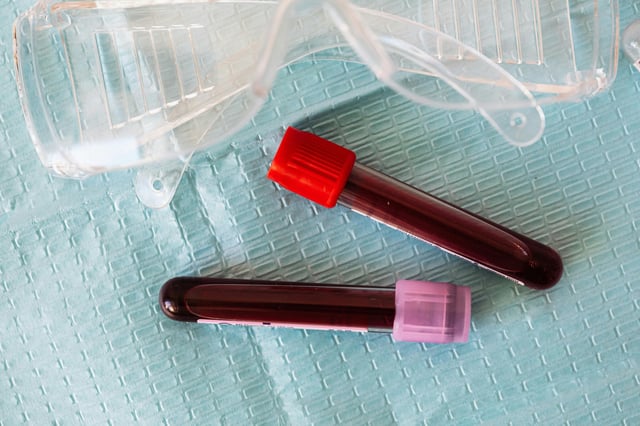Overview
- A University of Edinburgh-led BMJ Oncology study of more than 2,500 UK and Ireland cases showed that while 91% of womb cancer tumors were screened for Lynch syndrome markers, only 48% of eligible patients went on to have a confirmatory blood test.
- Tumor test results were often not shared with wider clinical teams, limiting referrals and leaving only two-thirds of those eligible booked for genetic counselling appointments.
- Long waits for genetic counselling led to high patient drop-out rates, preventing timely identification and management of Lynch syndrome.
- Lynch syndrome affects about one in 300 people—yet under 5% know they carry it—and carries a 50% lifetime risk of womb cancer alongside elevated bowel cancer risk.
- Experts and NICE guidelines stress that diagnostic screening must be paired with prompt follow-up to enable preventive measures such as aspirin intake, colonoscopic surveillance or prophylactic surgery.

